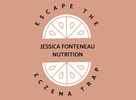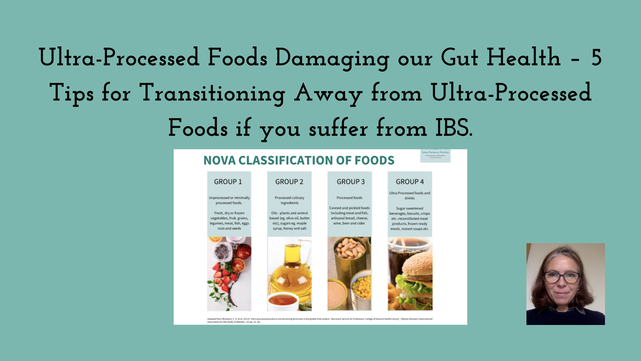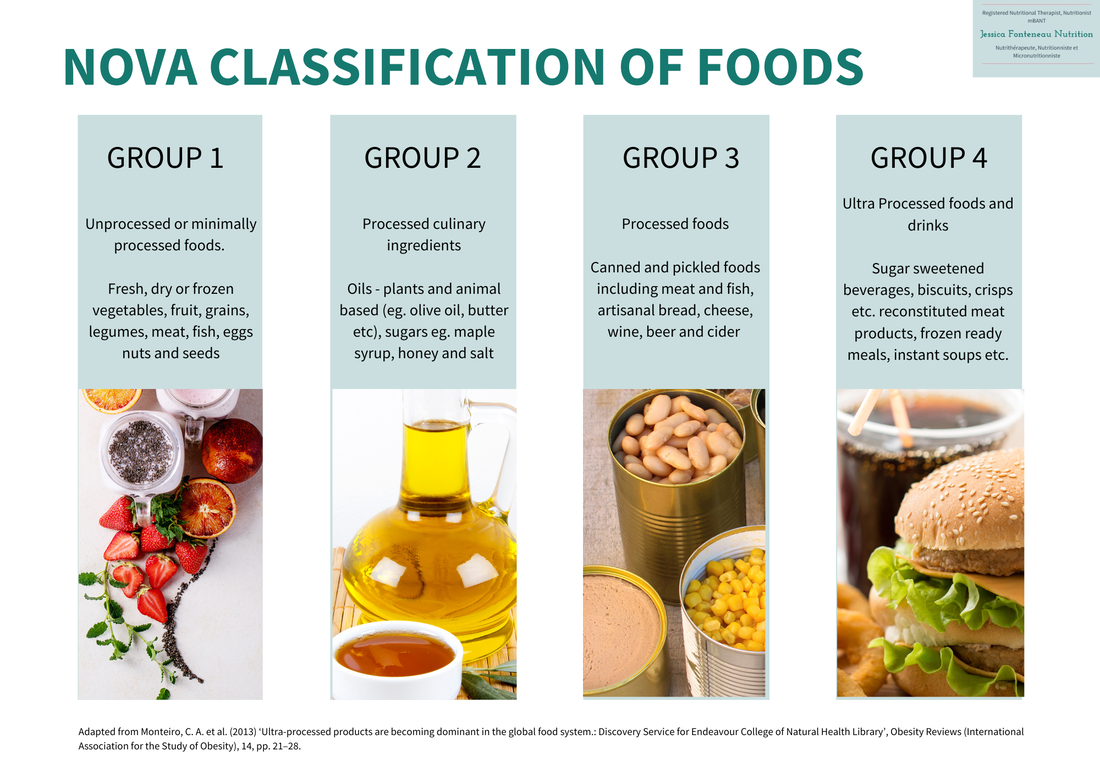ARTICLE Categories
All
|
|
Irritable bowel syndrome (IBS) is a common functional gastrointestinal condition that affects millions of people in Western societies. Incidence of IBS is on the increase with more and younger people being diagnosed and experiencing symptoms including stomach pain, bloating and irregular bowel movements. Exact causes are unknown, and IBS remains the common diagnosis once all other digestive conditions have been ruled out. Ultra-processed foods and drinks (UPFD) are increasing in both consumption and visibility, but so too is the amount of evidence growing that highlights this food group’s problematic relationship with health. This article will explore the association between consumption of UPFDs and IBS and will give 5 tips on how to transition away from UPFDs if you suffer from IBS. A quick IBS overview IBS is a complex and often long-term (chronic) digestive disorder that effects the large intestine or colon. IBS is considered a functional gut disorder as there is no damage to the gut. Symptoms can vary from person to person, but include a combination of the following:
If you experience any of these symptoms, you should consult with a medical practitioner. IBS is thought to be caused by several triggers including gut motility (the movement of your stool through your gut), gut microbiome and gut hormones. Diet and stress have been identified as triggers for onset or worsening of IBS symptoms. Ultra-Processed Foods and Drinks. The jury is still out on the classification of what makes a UPFD, however since 2013 the NOVA classification developed by Monteiro et al., (6) has been the system most quoted. The NOVA classification divides products into four categories, from unprocessed or minimally processed foods to ultra-processed foods and drinks:
In a nutshell, UPFDs are highly processed products that usually contain a long list of additives, preservatives, and artificial ingredients. They can be found packaged in bright, colourful packaging and they are promoted as being convenient as well as being delicious and economical, as they usually have long shelf lives. How UPFDs affect gut health including IBS When a person is diagnosed with IBS, they are often recommended a low FODMAP diet which is fundamentally a very low fibre diet. Many of my clients come to me saying that ultra-processed foods are those that they tolerate the best on this way of eating. What they don’t realise is whilst these foods and drinks appear to be more easily digested, they are, in fact, reinforcing and exacerbating the problem. Studies have shown that the gut microbiome is different in those who regularly eat UPFDs and those that don’t. Those whose diet includes many UPFDs tend to have a larger population of gut bacteria that is considered more pro-inflammatory (triggers more inflammation). There are numerous ways in which UPFDs affect gut health and can contribute to IBS including:
5 Top Tips for Transitioning Away from Ultra-processed foods if you have IBS. Caution: someone with IBS who has been following a low FODMAP or low-fibre diet shouldn’t suddenly change their diet. I would strongly recommend that anyone wishing to modify their diet consult with a medical or nutrition practitioner.
Sign up for my news to receive the published articles straight to your inbox. Read more by clicking below to see my previously published articles:
I’m Jessica Fonteneau, the Eczema and Digestive Health Nutrition Expert. I’ve worked with hundreds of clients to help them change their diets, better manage their flares, and find relief. My vocation is to help those with eczema and digestive issues, because I have suffered with these interlinked conditions since I was 6 months old, and I truly know what it is like to experience these debilitating conditions. Every client I have ever worked with has their own triggers and ideal nutrition. There is no such thing as ‘one-size-fits-all’. Whether you work with me one-to-one or use my guided tools, my objective is to help you uncover what works best for you, so that you take back control and experience relief. My guided programmes are only suitable for adults as children have very specific nutrition requirements. I do, however, work with many child clients as part of my clinic. I also offer two free communities for adults caring for children with eczema and digestive symptoms, feel free to come and join us and get some well-deserved support.
To easily keep up with my articles, masterclasses, ebooks and online programmes and receive exclusive access to early bird offers, sign-up to my newsletter. References
0 Comments
Leave a Reply. |
AuthorI’m Jessica Fonteneau, I’m the eczema specialist and I help people Escape from the Eczema trap. Archives
April 2024
Catégories
All
|



 RSS Feed
RSS Feed